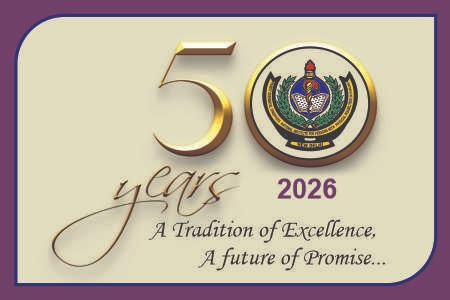Diploma in Indian Sign Language Interpretation
Objectives
- To train Indian Sign Language (ISL) interpreters to provide communication access for Deaf and Hard of Hearing individuals in various real-life settings.
- To explore Deaf culture and society, and study the structure and usage of Indian Sign Language (ISL).
- To enhance understanding of the principles and ethics related to ISL interpretation.
Scope of the Program
An Indian Sign Language Interpreter facilitates communication for deaf individuals in various settings such as office meetings, courtrooms, political speeches, or one-on-one interactions. They may also use technology to interpret remotely.
The interpreter must understand the subject matter to accurately translate it into ISL. Duties involve listening, strong sign language skills, and effective communication. They may need to research technical or complex topics to interpret effectively. A good memory is essential to recall spoken content accurately.
Eligibility
12th Pass with minimum 50% marks
Minimum Age
17 Years
Course Fees
₹20,000 (Free for Persons with Disabilities (PwDs) and parents of PwDs)
Course Duration
2 Years



